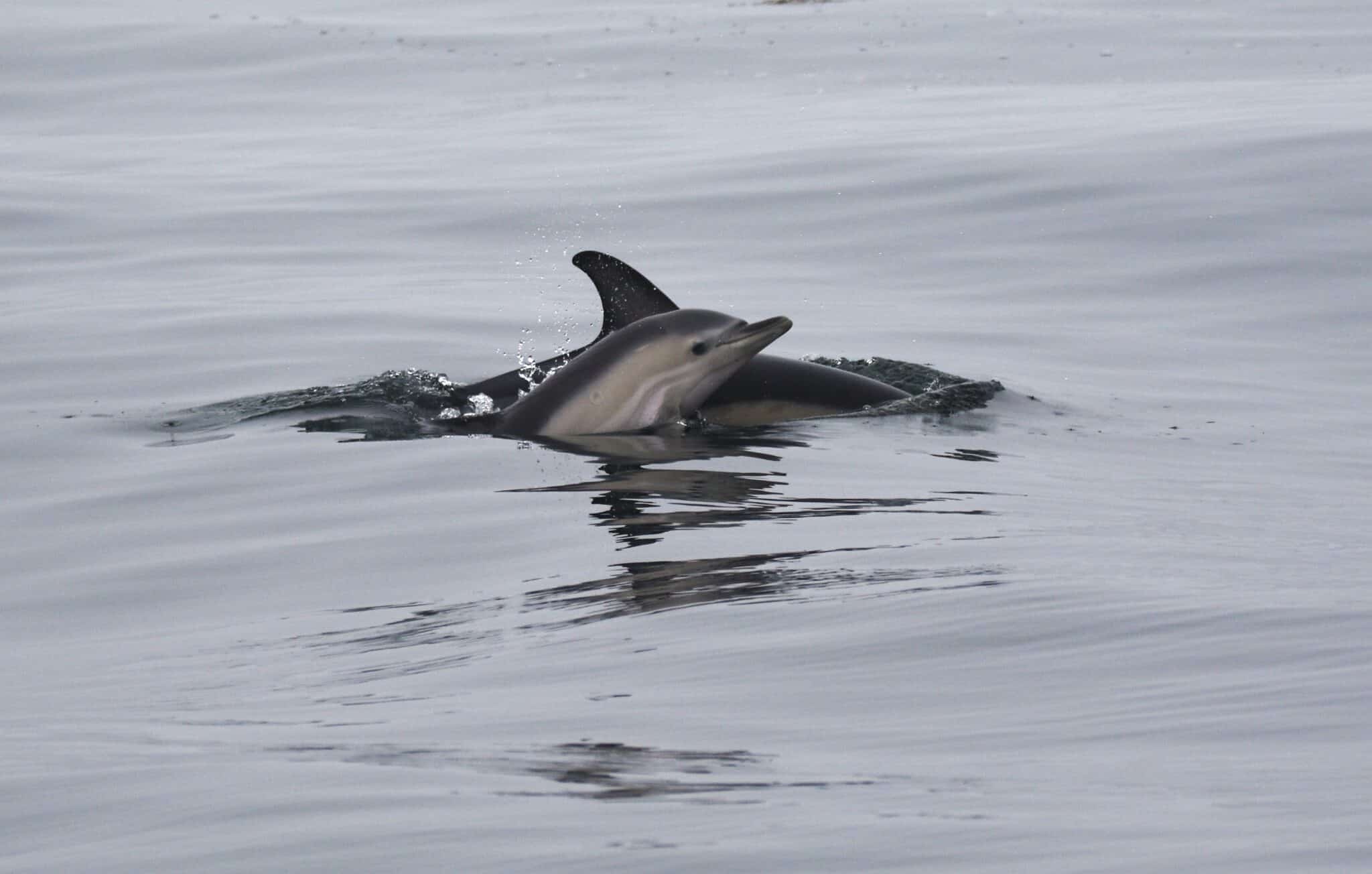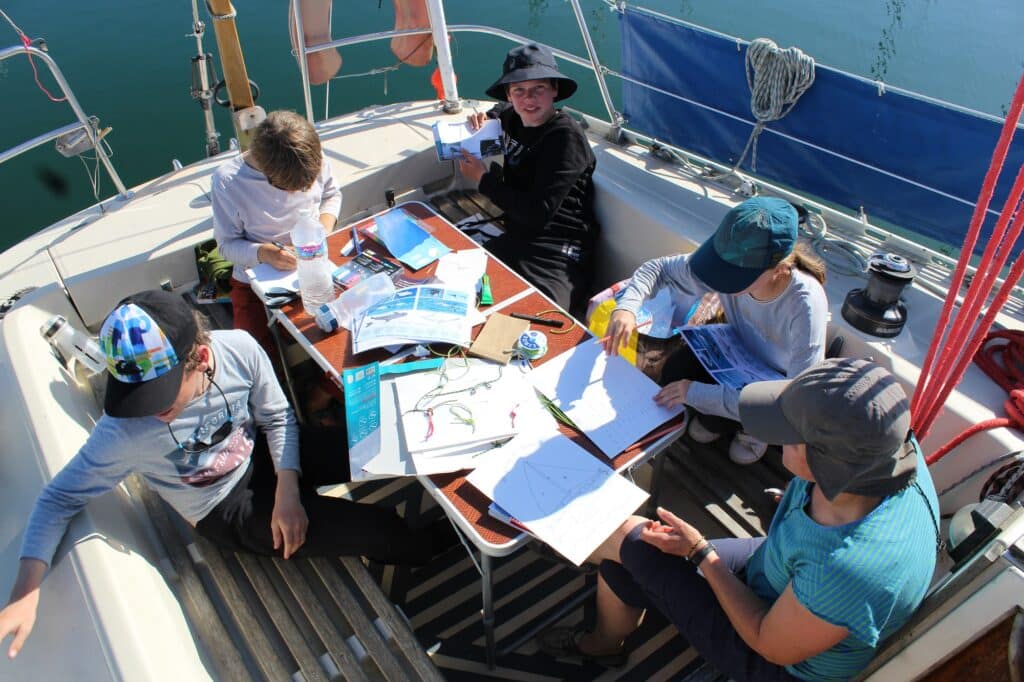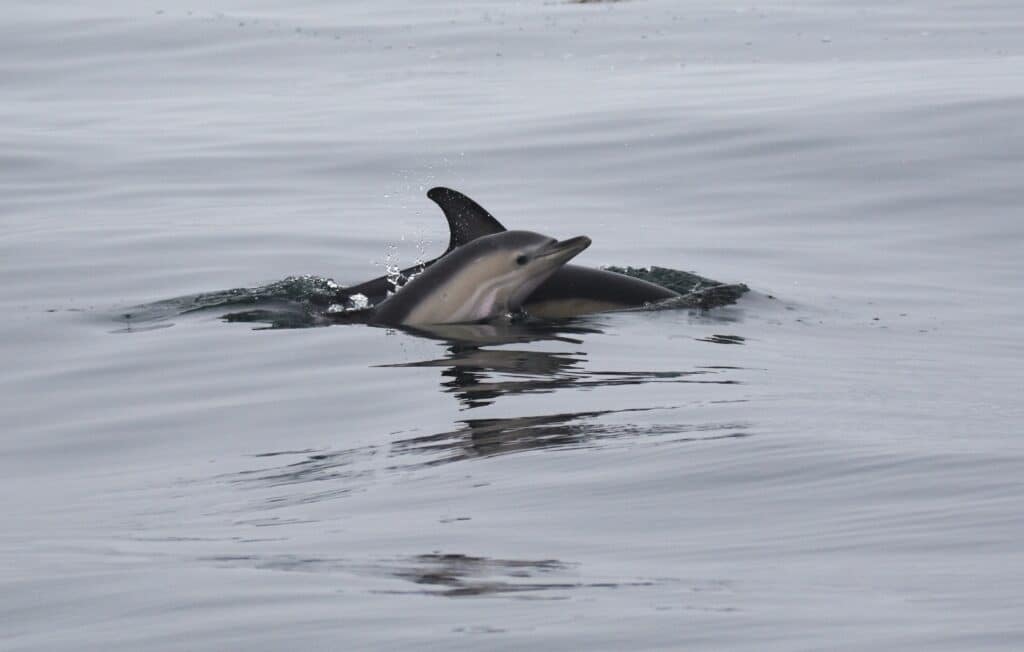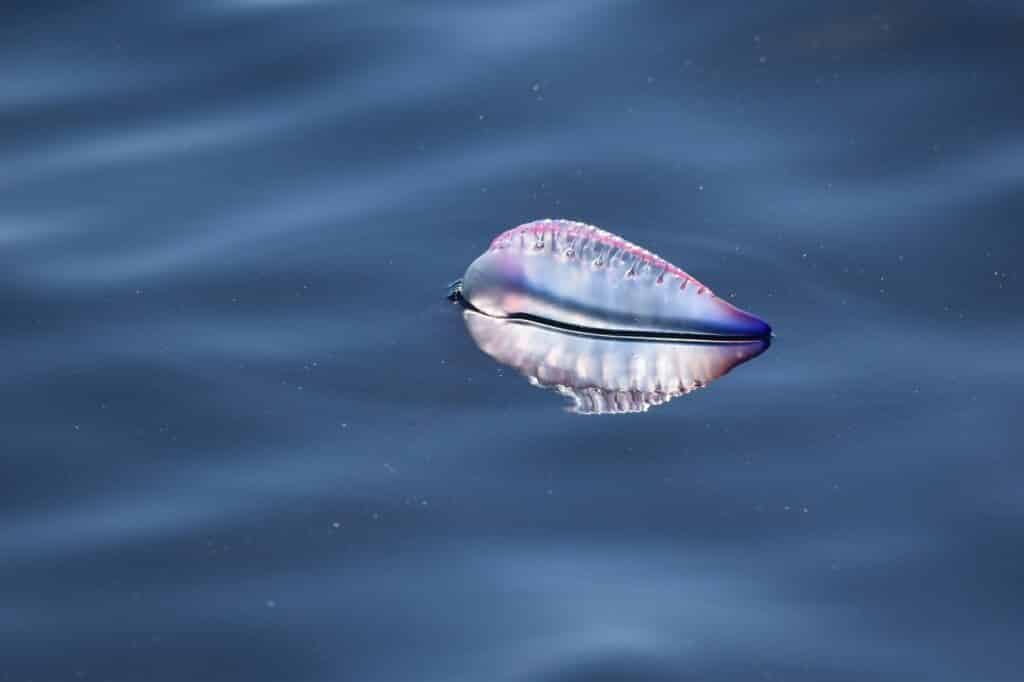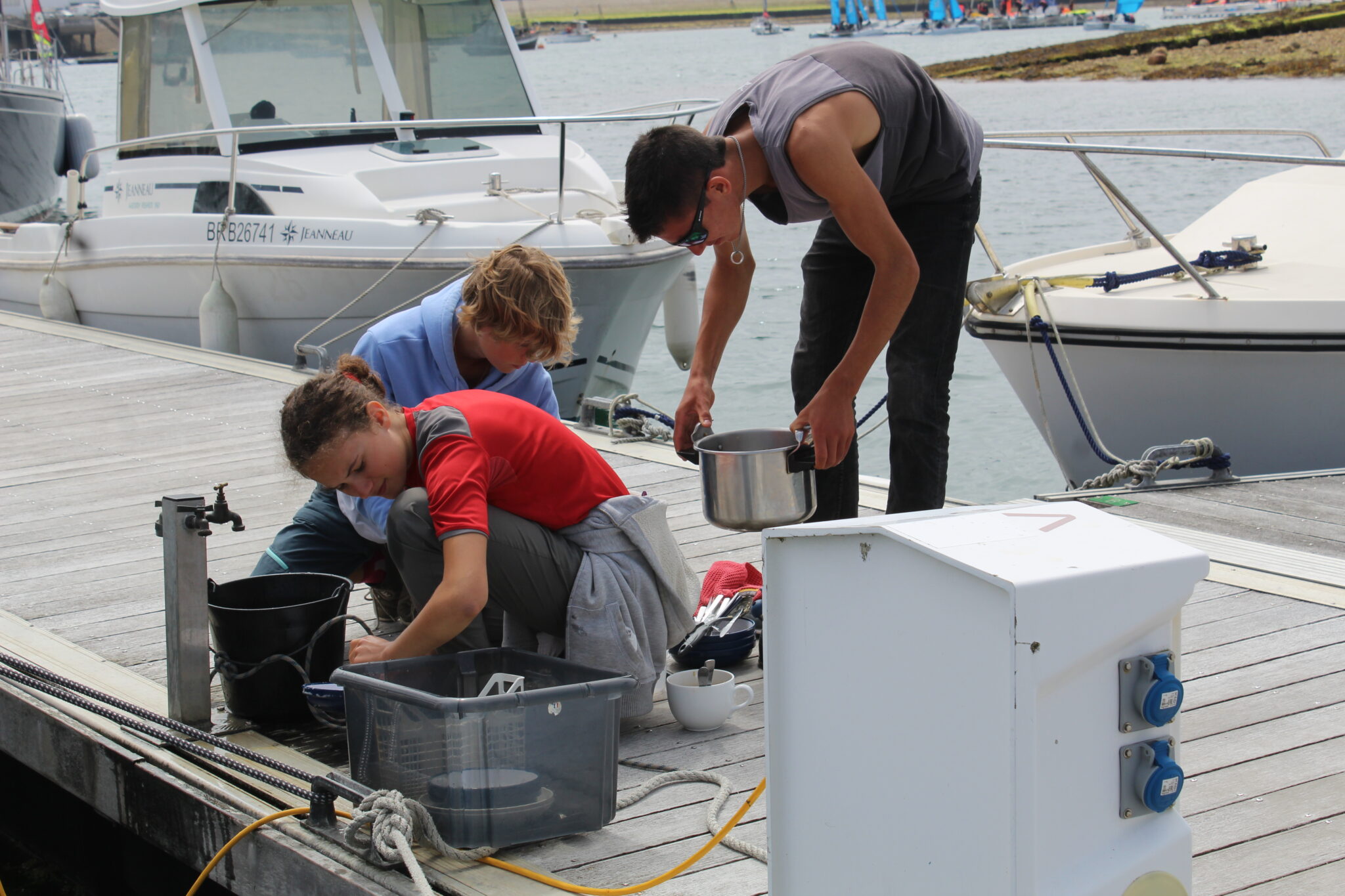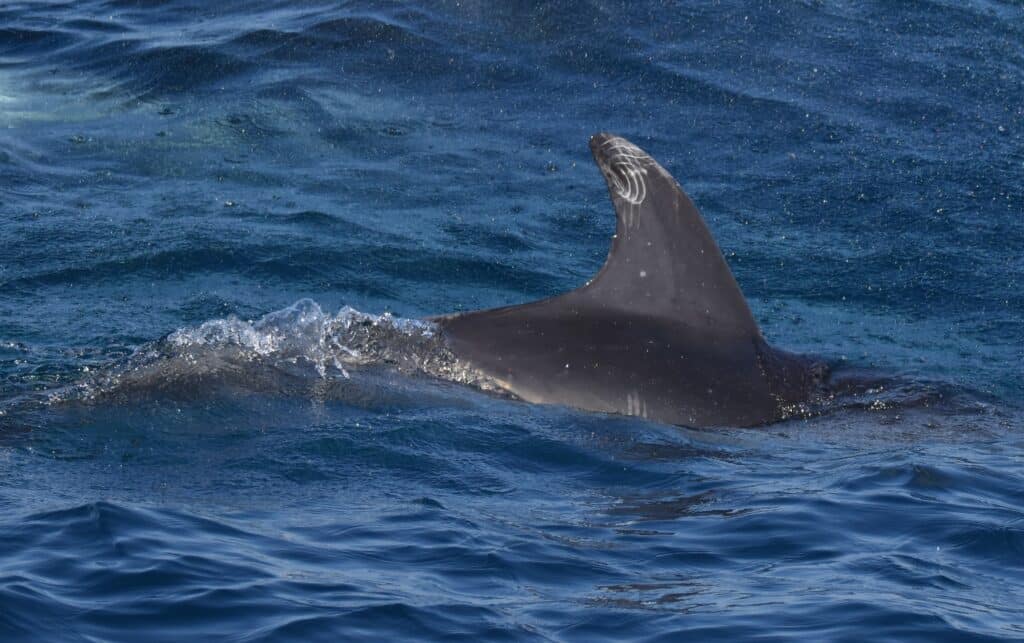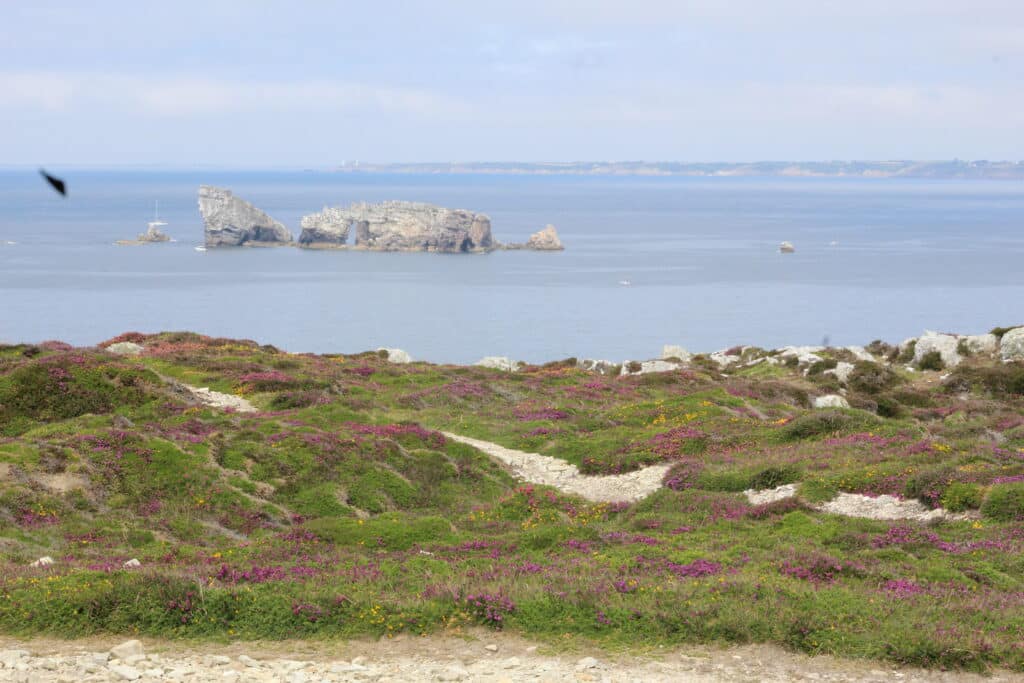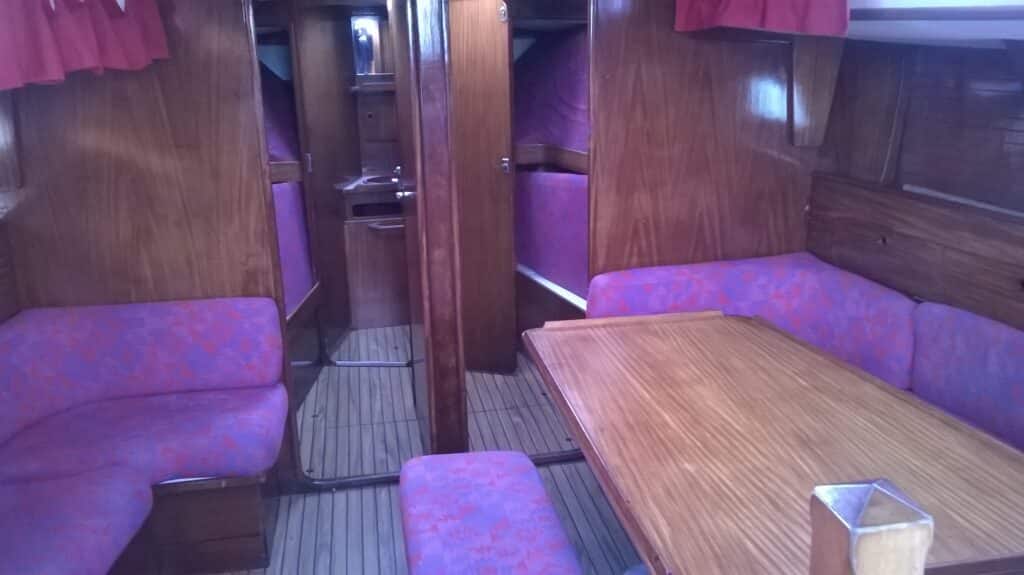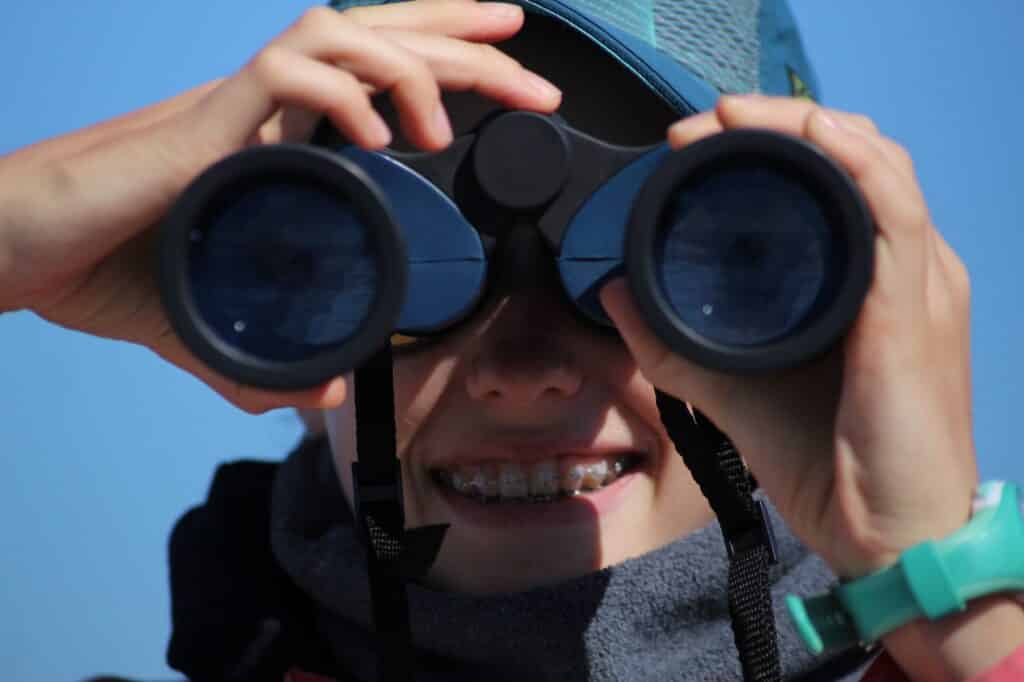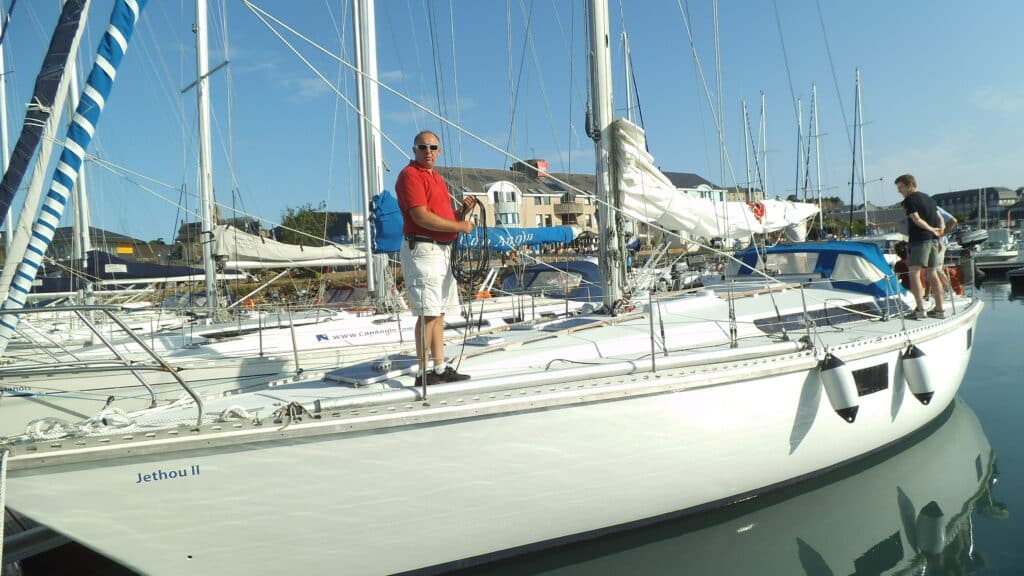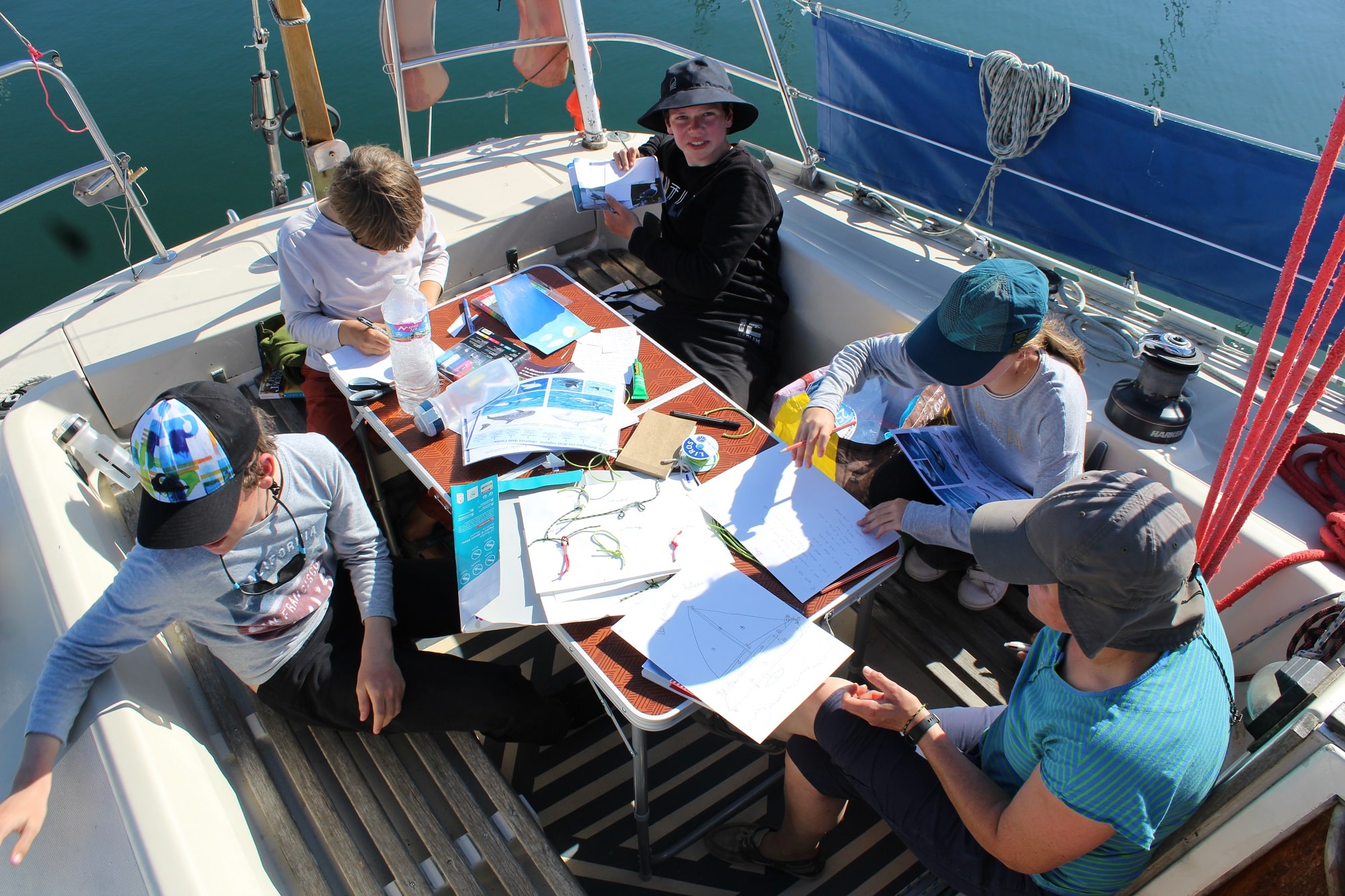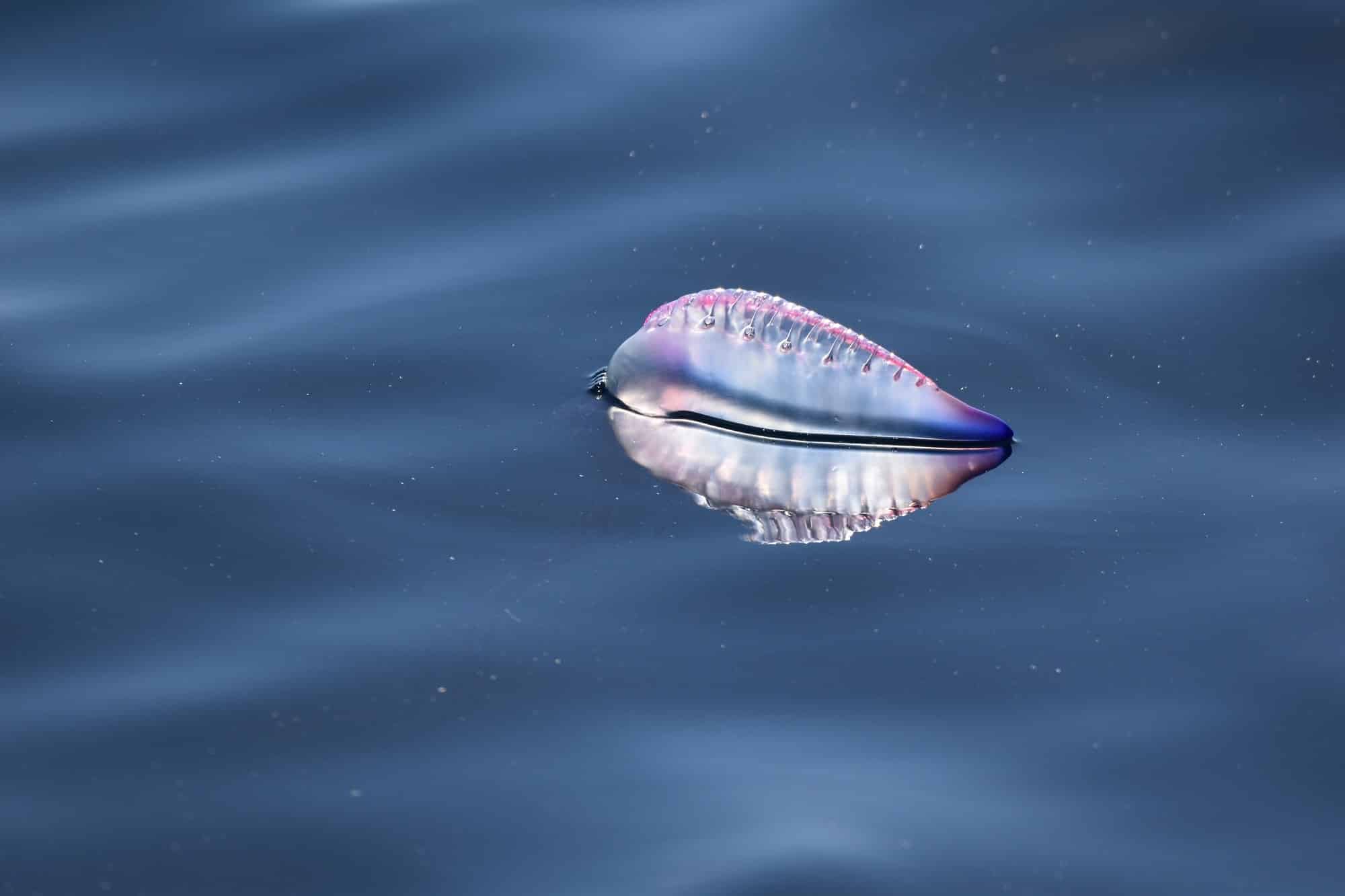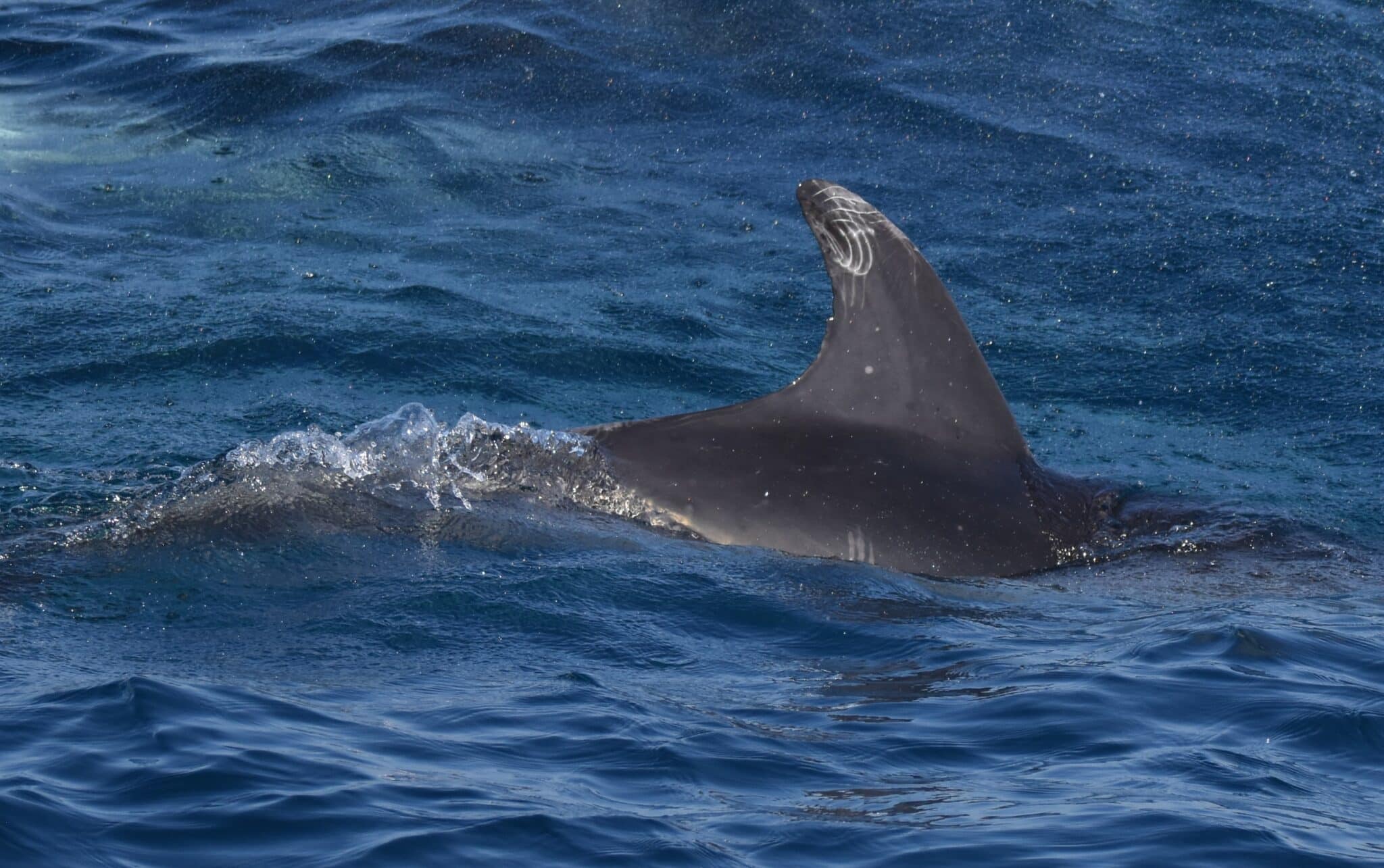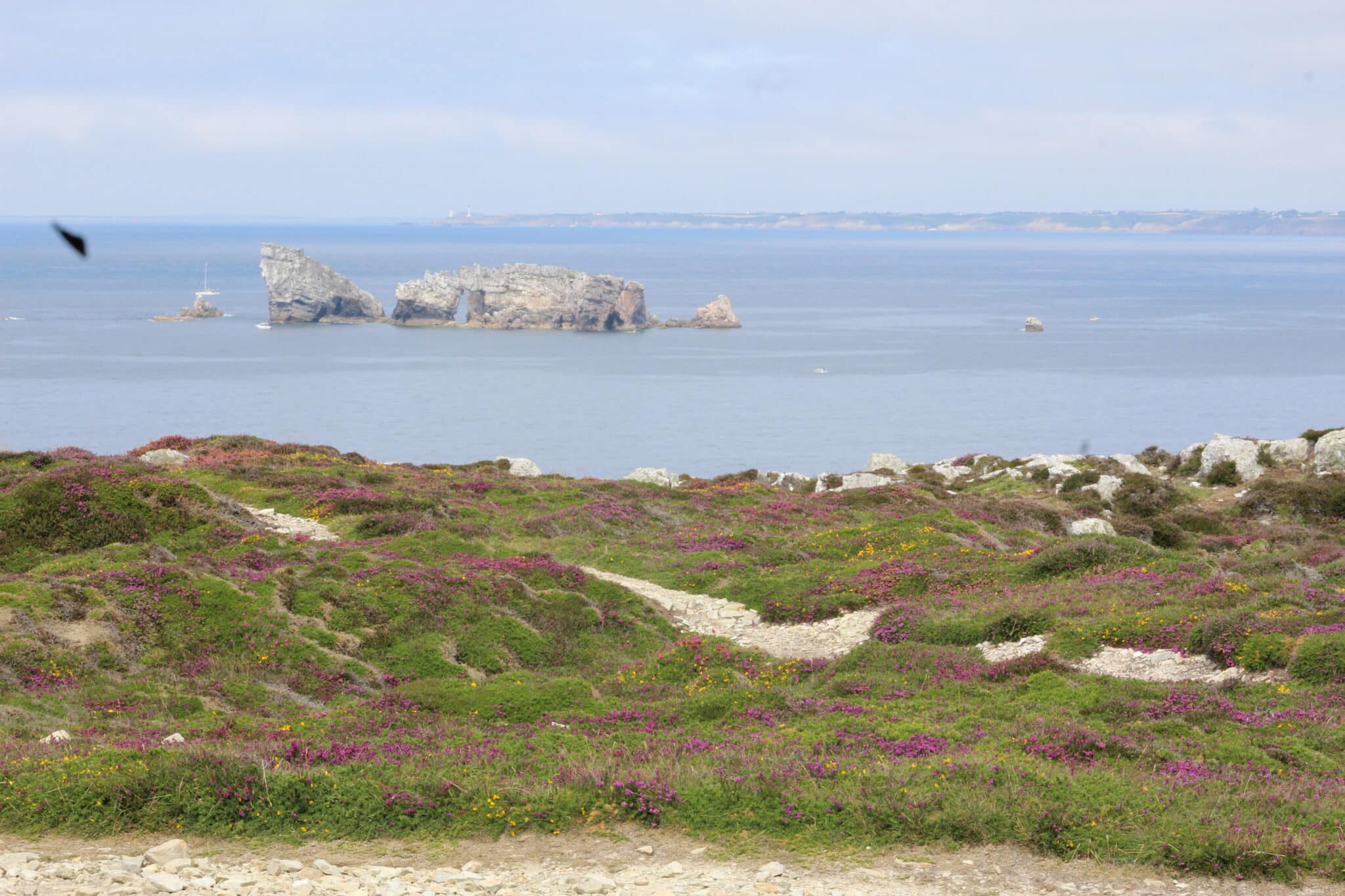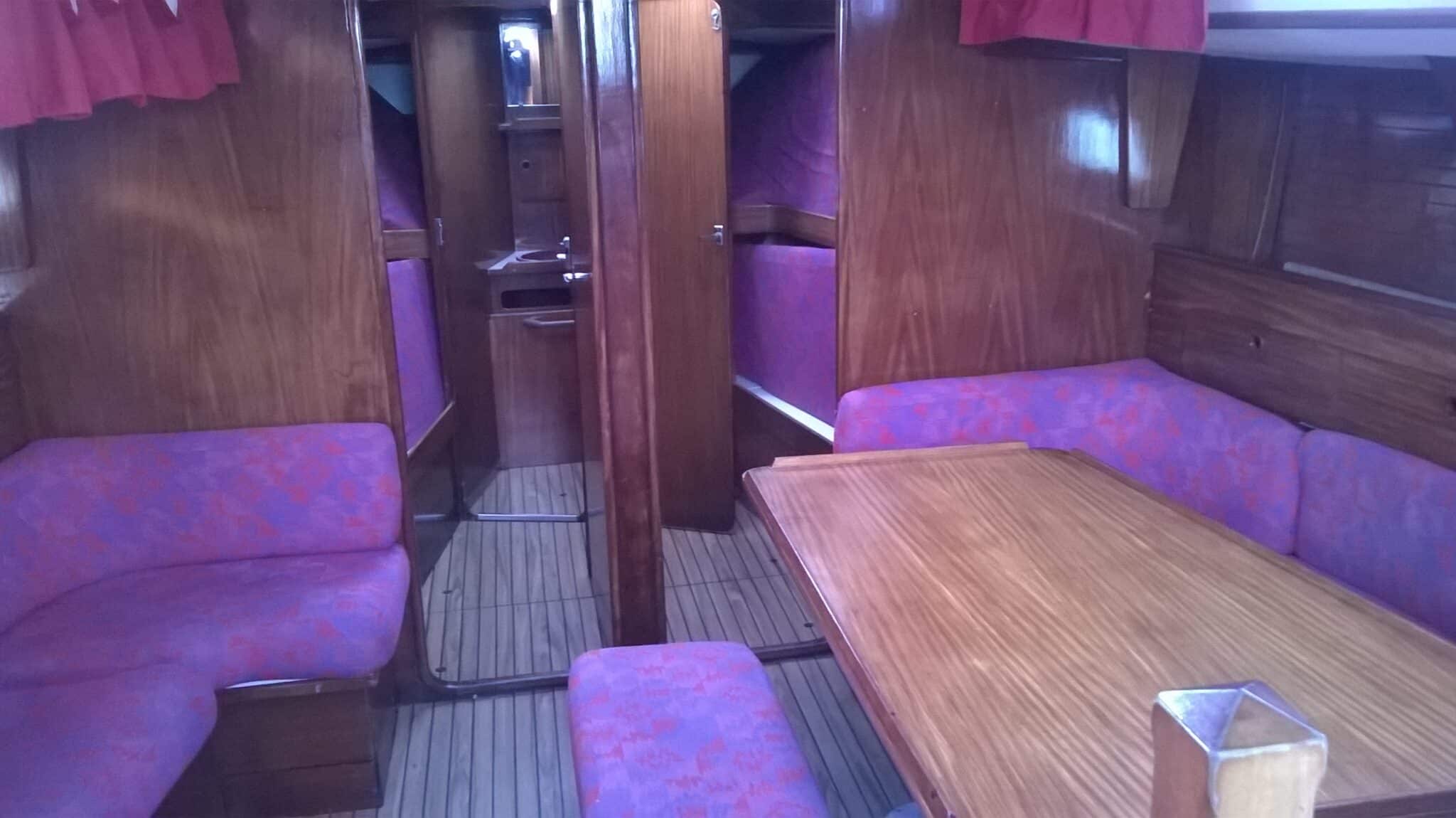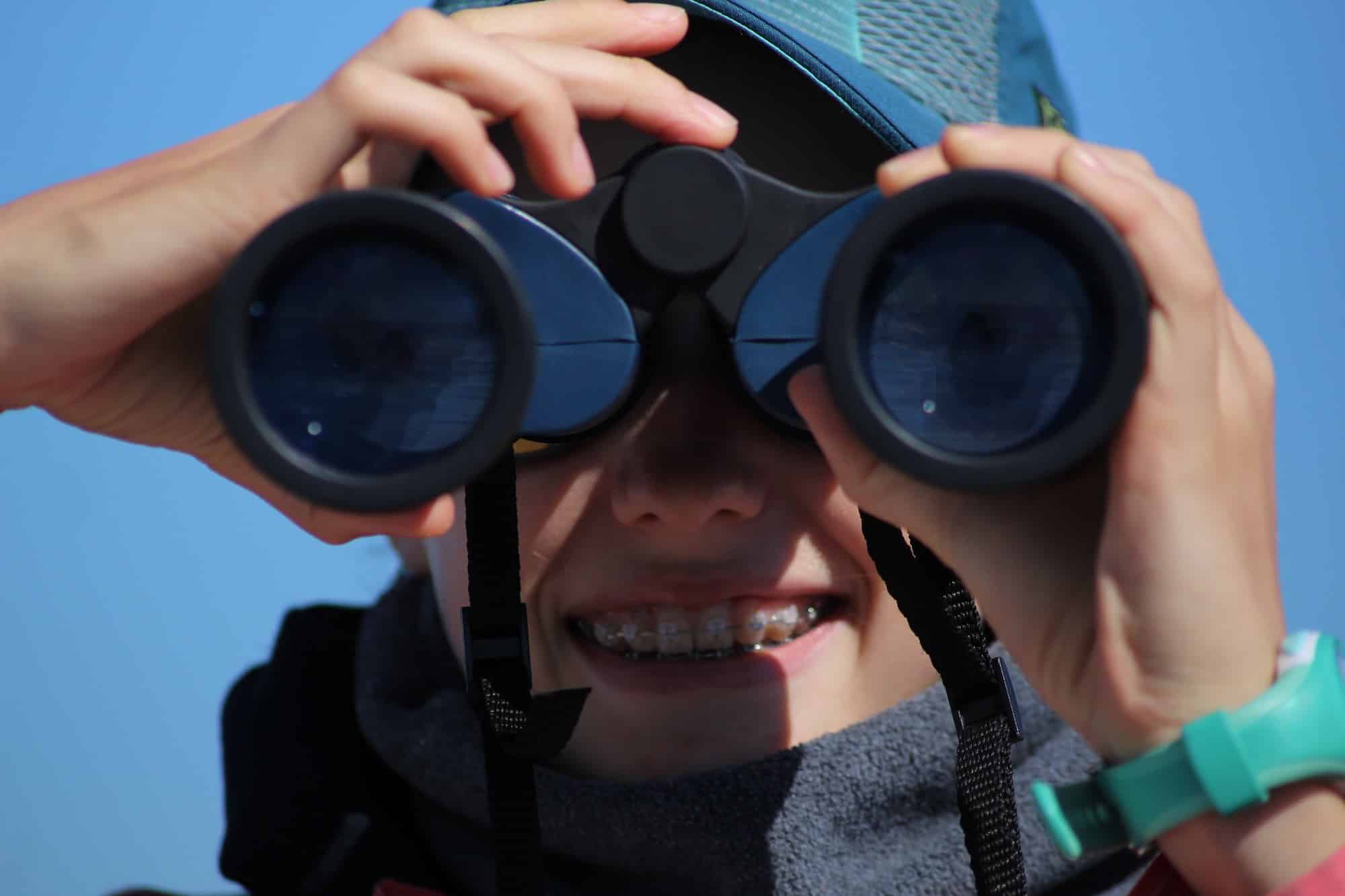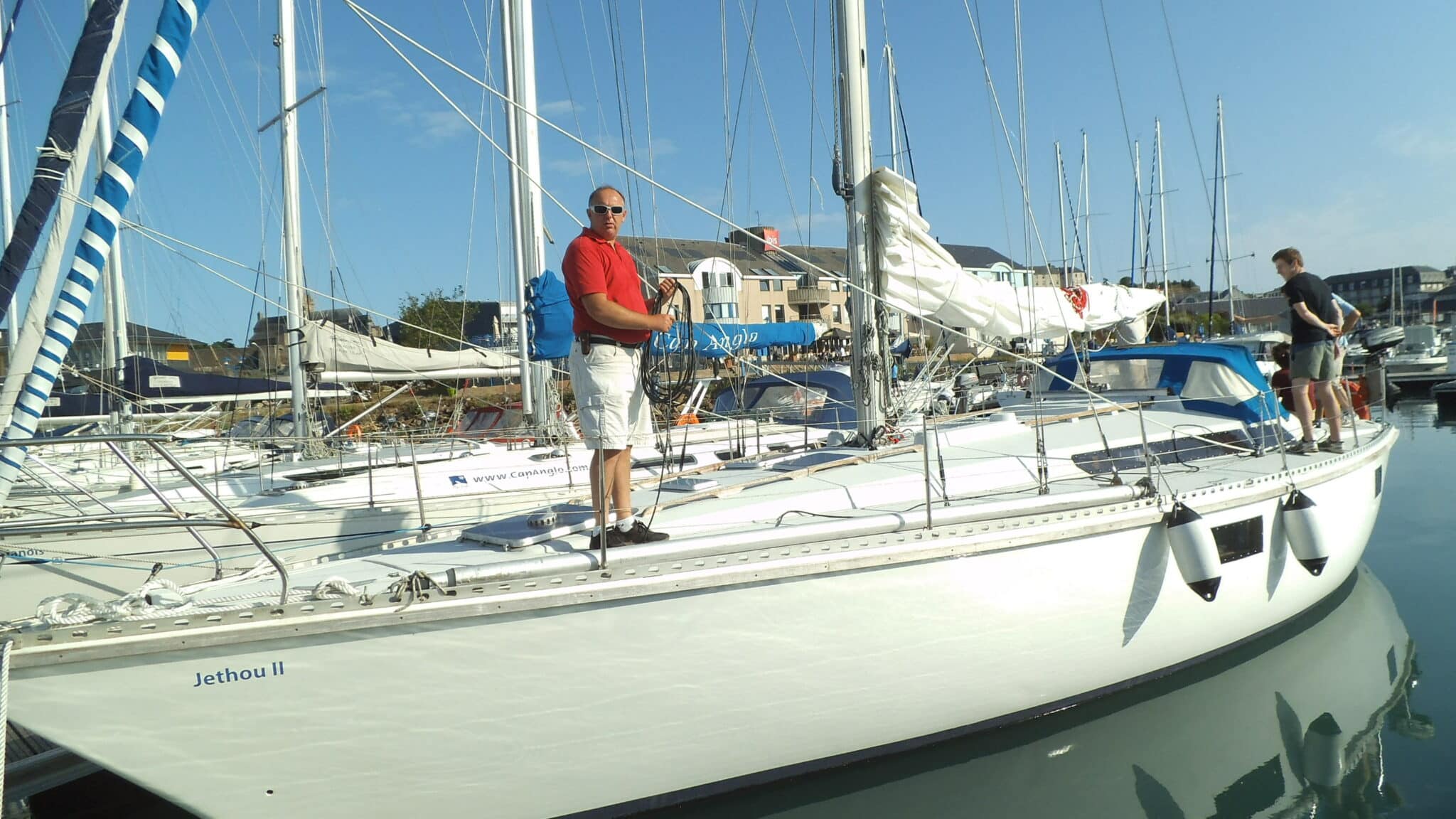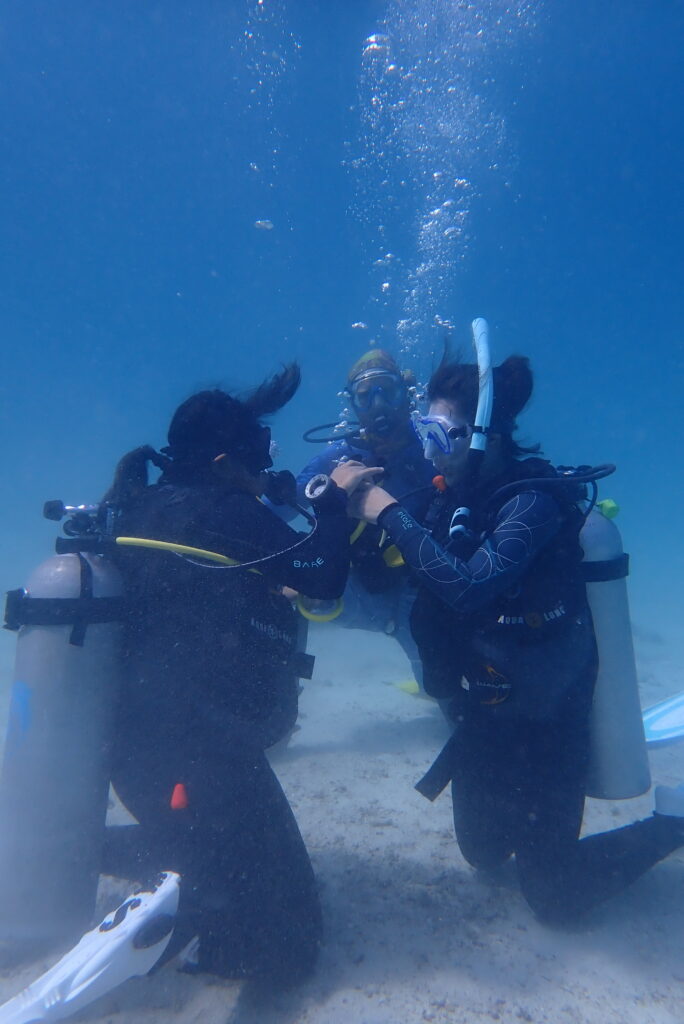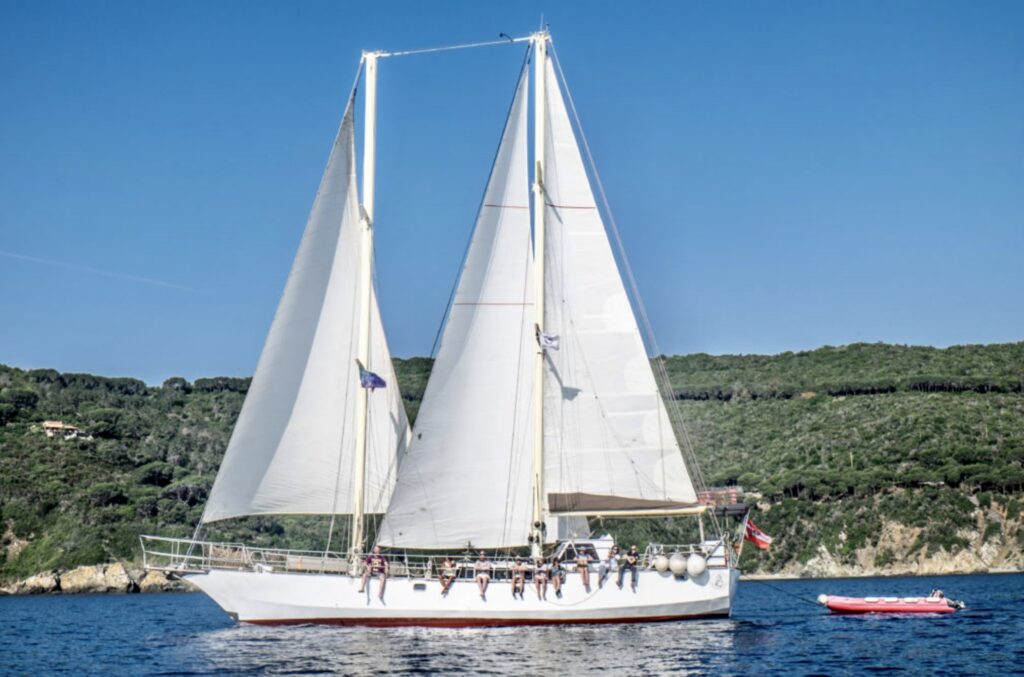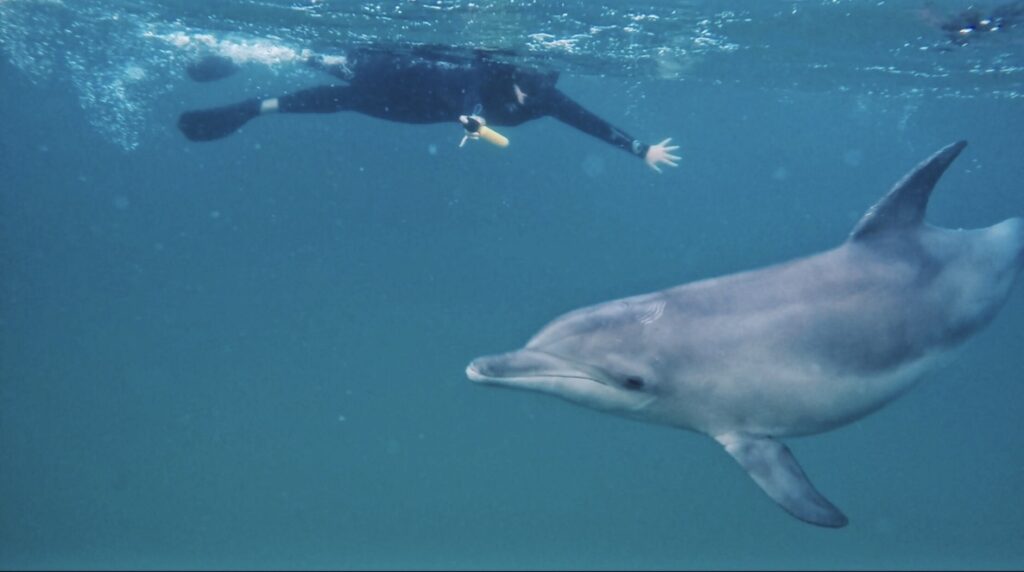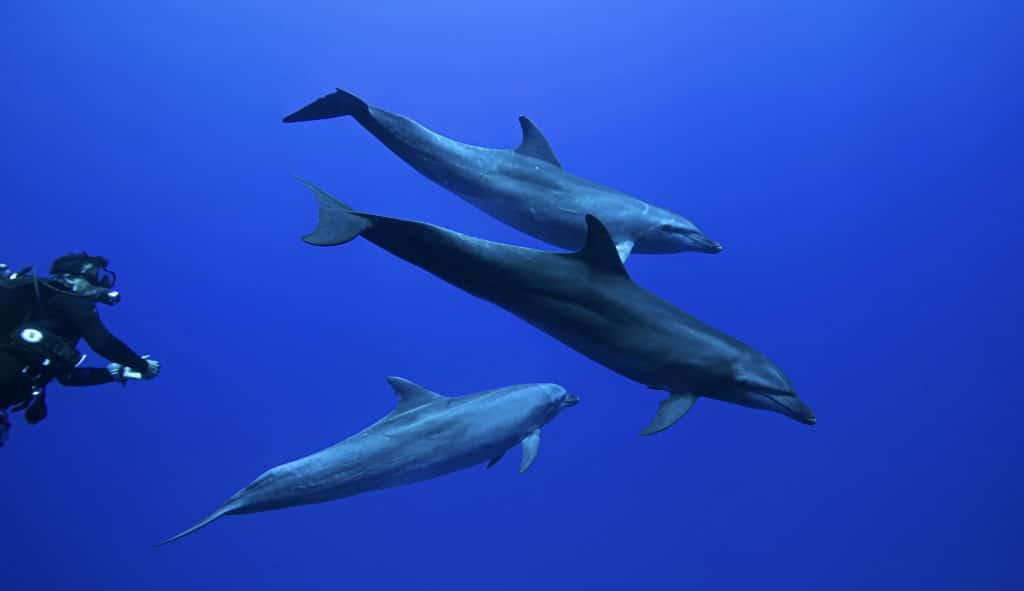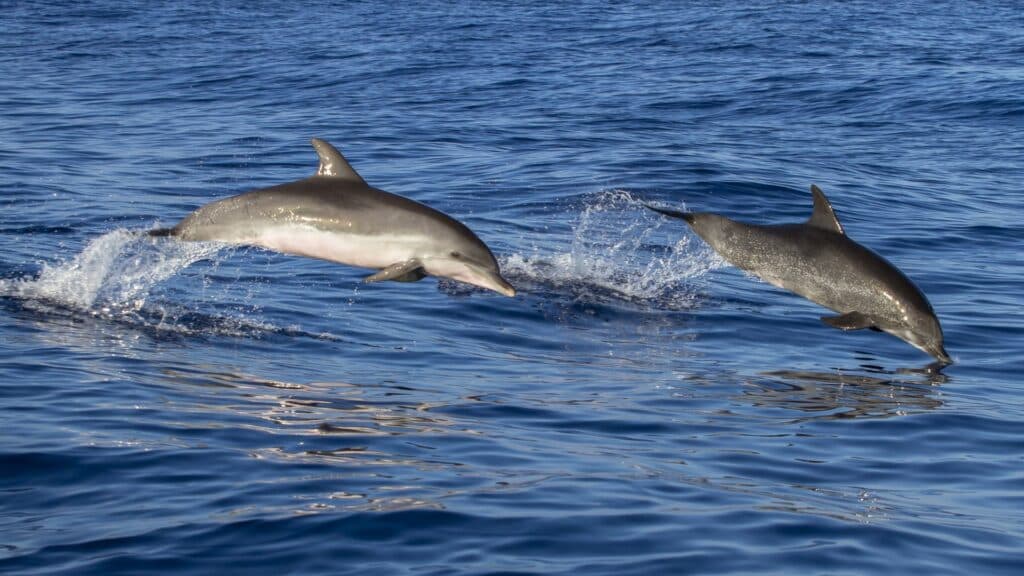Cet été 2025, notre partenaire organise des séjours embarqués entre Granville et l’île D’yeu. Au programme : suivi des populations de cétacés, étude des méduses et relevé de plancton et de micro plastique au filet Manta. Toutes les missions cétacés ici.
Étude et protection des grands dauphins
Le projet scientifique a pour object l’étude des populations du grand dauphin installées dans les eaux métropolitaines : archipel de Molène, archipel de Sein, île de Chausey, île de Jersey et île de Guernesey. La présence du grand dauphin est un bon indicateur de la santé de l’océan. Analyser ses déplacements et ses caractéristiques renseigne les scientifiques sur l’écosystème marin. Or, il se trouve que ses dernières années, les groupes de dauphins se sont dispersés.
Méduses, plancton et micro plastique
Les séjours scientifiques en voilier permettront d’assurer le suivi des dauphins, mais également des méduses. Des relevés de plancton et de micro plastique sont également au programme. L’étude et la protection des cétacés nécessitent en effet un suivi démographique précis et une analyse de leurs interactions sociales.
Y a-t-il des meneurs ? Une hiérarchie de groupe ? Y a-t-il des individus solitaires ? Les groupes sont-ils constants en nombre ? Sont autant de questions auxquelles il est important de répondre. Les données collectées lors des séjours contribueront au suivi national de cette mégafaune. Le dosage des micro plastiques est réalisé en partenariat avec OceanEye dont le laboratoire se charge des analyses des échantillons récoltés.
Étude des dauphins
Pour la saison 2025, trois séjours embarqués sur un voilier sont prévus.
Vous observerez les cétacés depuis le voilier. Lorsque vous repèrerez un groupe de dauphins, le bateau s’approchera tout en conservant une distance suffisante pour pouvoir observer leur comportement sans les déranger. L’observation des cétacés se fait à l’œil nu à l’aide de jumelles et d’une boussole.
La technique de la photo identification
La méthode utilisée pour l’étude des cétacés est la photo-identification. Vous prendrez donc en photo leur aileron dorsal pour les identifier individuellement. Pour les grands dauphins, l’aileron est unique, un peu comme nos empreintes digitales. Vous aurez à disposition des fiches d’identification. Les photos d’ailerons seront ensuite classées dans une base de données. Cette base permet aux chercheurs de savoir quand et où chaque individu a été vu.
Participation à la navigation
Vous mettrez régulièrement à l’eau un filet à plancton puis, une fois la pêche effectuée, vous examinerez quelques gouttes d’eau à l’aide d’une loupe binoculaire. En dehors des temps d’observation spécifique, vous apprendrez le fonctionnement du voilier en vous initiant aux manœuvres et à la cartographie marine. Les outils cartographiques, papier et électronique sont indispensables pour localiser les observations de cétacés.Vous participerez aux différentes tâche de la vie à bord : cuisine, repos, plancton, météo….
Au cours de ce séjour de sciences participatives vous apprendrez
- La photo identification
- Les techniques d’observation non intrusive de la faune sauvage
- Le fonctionnement du voilier et à la navigation ainsi qu’à la vie à bord.
Tarif : A partir de 2 475,20 € / 816 € après déduction fiscale *
Séjour 1 : du 3 août au 10 août 2025 (12-17 ans)
Séjour 2 : du 10 août au 17 août 2024 (16 ans et +)
Séjour 3 : du 17 août au 24 août 2025 (12-17 ans)
Déduction fiscale *
L’ONG partenaire Objectif Sciences international est reconnue pour le caractère qualitatif, utile, solidaire et éducatif de ses séjours et formations dédiés à la résolution des objectifs du développement durable. L’ONG fonctionne sur le principe du don-action. Une personne fait un don et participe à une action de l’ONG. A noter que la personne qui fait le don peut être différente de celle qui agit. A ce titre, le coût de la formation ou du séjour scientifique est déductible des impôts à hauteur de 66 % en France .
- Les participants doivent savoir nager. Une certificat d’aisance aquatique est à fournir à l’inscription.
- Mission francophone
- A partir de 12 ans
- Aucune compétence scientifique n’est nécessaire
- Vous apprendrez à identifier les différentes espèces de cétacés et mammifères marins.
- Vous pratiquerez la photo identification.
- Vous observerez, de façon non intrusive, le comportement des dauphins.
- Vous apprendrez comment observer la faune sauvage en évitant le mieux possible de perturber leur mode de vie et leurs besoins physiologiques.
- Vous vivrez une belle aventure en voilier dans un environnement fantastique !
- Vous participerez à la navigation ainsi qu’à la vie à bord.
Le lieu
Vous naviguerez dans le Golfe normand breton :
Entre mer et terre, partagé entre la Bretagne, la Basse Normandie et les îles anglo-normandes, le golfe normand-breton abrite un patrimoine marin naturel et culturel remarquable ! Ces archipels abritent la population de Gand Dauphin [Tursiops truncantus] la plus importante de France métropolitaine. Bien abrité de la houle dominante par les îles Anglo-Normandes, les multiples cailloux, archipels (Chausey, Minquiers, Écréhoux) constituent un espace maritime ouvert à une navigation difficile et passionnante. Le golfe normand-breton est, à l’échelle planétaire, l’un des systèmes soumis aux plus forts régimes de marée.
Logement
Vous logerez à bord d’un voilier de 12,6 mètres de long. Il comprend 4 cabines, un grand espace central avec un coin cuisine et des toilettes.
Encadrement
Les séjours sont encadrés par un chef de bord professionnel et un éducateur scientifique.
Tous les avis des missions d’Objectif Sciences international

L’ONG partenaire
L’ONG partenaire Objectif Sciences international a le Statut Consultatif Spécial auprès de l’ONU (ECOSOC) et est Membre de l’AAAS Science and Human Rights Coalition. Spécialisée dans les séjours scientifiques, la science et la recherche participative, l’ONG considère que l’éducation est le moteur des Objectifs du développement durable. Elle propose différents séjours en science participative, pour les adultes et les mineurs. Tous les programmes OSI ici

